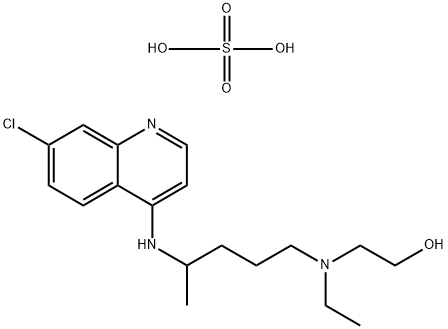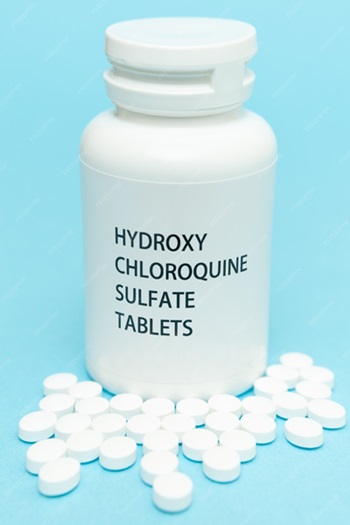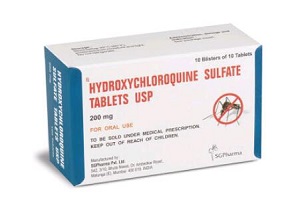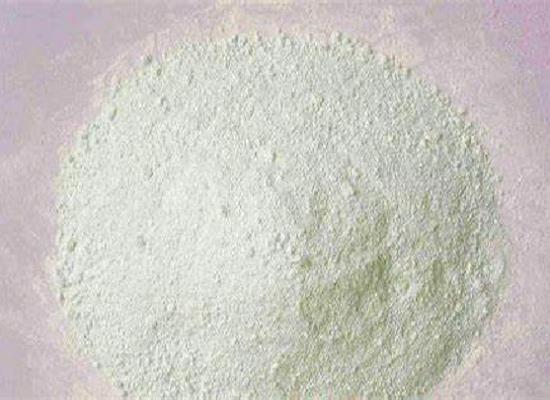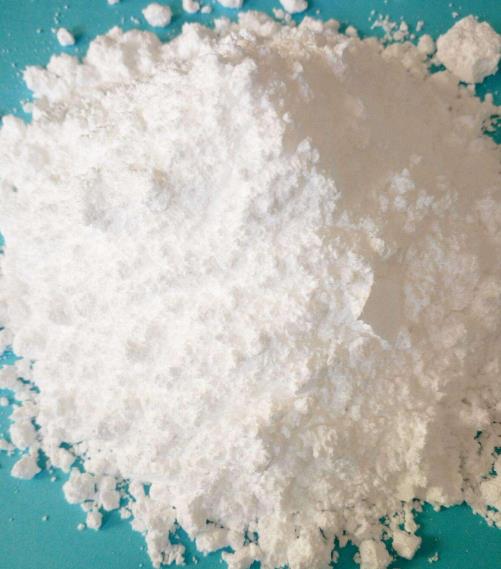Hydroxychloroquine sulfate: mechanism of action and clinical applications
General Description
Hydroxychloroquine sulfate is a medication with immune-modulating and anti-inflammatory properties. It inhibits enzymes and processes in immune cells, suppressing excessive immune responses. It also interferes with antigen presentation, reducing T-cell activation. Additionally, it alters the pH of cellular compartments, impairing viral entry and replication. Hydroxychloroquine sulfate is used in the treatment of malaria by inhibiting parasite growth and replication. It also has immunomodulatory effects that minimize symptoms. In rheumatoid arthritis, it reduces inflammation, alleviates joint damage, and improves function. It can also spare the use of corticosteroids and help maintain remission. Hydroxychloroquine sulfate is an effective therapy for various medical conditions, highlighting its clinical significance.
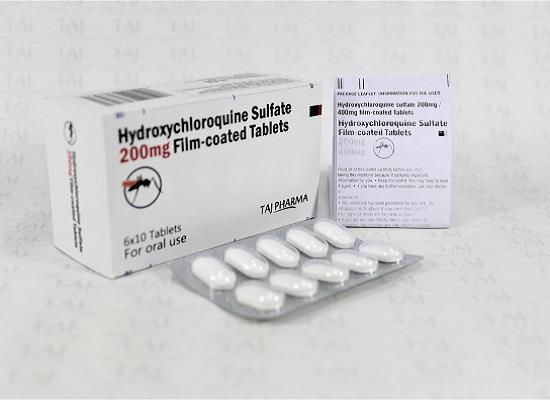
Figure 1. Tablets of hydroxychloroquine sulfate
Mechanism of action
Hydroxychloroquine sulfate is a medication that has gained significant attention due to its potential therapeutic effects in various medical conditions. This drug primarily functions by modulating the immune system and exhibiting anti-inflammatory properties. The mechanism of action of hydroxychloroquine sulfate involves several pathways. It is believed to inhibit certain enzymes and processes within immune cells, which can ultimately suppress excessive immune responses. One of its key actions is the interference with the processing of antigen presentation, thereby reducing the activation of T-cells and subsequent immune reactions. Additionally, hydroxychloroquine sulfate has been found to alter the pH of intracellular compartments, such as lysosomes. By increasing the pH, it impairs the ability of viruses to enter host cells and replicate efficiently. This antiviral activity has led to investigations into its potential use against viral infections, including SARS-CoV-2, the virus responsible for COVID-19. 1
Clinical applications
Malaria
Hydroxychloroquine sulfate, an antimalarial drug, has been widely used in the clinical management of malaria. Malaria is a parasitic infection transmitted through the bite of infected mosquitoes. Hydroxychloroquine sulfate is effective against several species of Plasmodium, the parasite that causes malaria. The clinical application of hydroxychloroquine sulfate in treating malaria involves its ability to inhibit the growth and replication of the parasite within red blood cells. It has been shown to interfere with the parasite's metabolic processes, particularly the digestion of hemoglobin, which is essential for the survival of Plasmodium. Furthermore, hydroxychloroquine sulfate exhibits immunomodulatory effects that contribute to its antimalarial activity. It can reduce the release of inflammatory mediators, such as cytokines, dampening the excessive immune response triggered by the infection. This immunomodulatory action helps minimize the severity of symptoms associated with malaria. In clinical practice, hydroxychloroquine sulfate is often used in combination with other antimalarial drugs to enhance efficacy and prevent the development of drug resistance. The dosage and treatment duration may vary depending on the type and severity of malaria, as well as individual patient factors. 2
Rheumatoid arthritis
Hydroxychloroquine sulfate is a medication commonly used in the treatment of Rheumatoid arthritis (RA), a chronic autoimmune disease that primarily affects the joints. With a molecular formula of C18H26ClN3O, Hydroxychloroquine sulfate is derived from chloroquine and possesses anti-inflammatory and immunomodulatory properties. In clinical practice, Hydroxychloroquine sulfate has demonstrated efficacy in managing the symptoms of RA, including reducing pain, swelling, and stiffness in the joints. It works by suppressing the immune response that leads to the inflammation characteristic of RA. By inhibiting certain enzymes involved in the inflammatory process, Hydroxychloroquine sulfate helps to alleviate joint damage and improve overall joint function. Moreover, Hydroxychloroquine sulfate has been shown to have a steroid-sparing effect, enabling the reduction of corticosteroid use in RA patients. This is particularly beneficial as long-term corticosteroid use can lead to adverse effects. Additionally, Hydroxychloroquine sulfate may help prevent flare-ups and maintain remission in some individuals. In conclusion, Hydroxychloroquine sulfate plays a vital role in the management of Rheumatoid arthritis by reducing inflammation, relieving symptoms, and preserving joint function. Its widespread clinical use highlights its effectiveness as a cornerstone therapy for RA patients. 3
Reference
1. Martinez GP, Zabaleta ME, Di Giulio C, Charris JE, Mijares MR. The Role of Chloroquine and Hydroxychloroquine in Immune Regulation and Diseases. Curr Pharm Des. 2020;26(35):4467-4485.
2. Meo SA, Klonoff DC, Akram J. Efficacy of chloroquine and hydroxychloroquine in the treatment of COVID-19. Eur Rev Med Pharmacol Sci. 2020 Apr;24(8):4539-4547.
3. Nirk EL, Reggiori F, Mauthe M. Hydroxychloroquine in rheumatic autoimmune disorders and beyond. EMBO Mol Med. 2020 Aug 7;12(8):e12476.
Related articles And Qustion
See also
Lastest Price from Hydroxychloroquine sulfate manufacturers

US $0.00-0.00/Kg/Drum2025-04-21
- CAS:
- 747-36-4
- Min. Order:
- 1KG
- Purity:
- 98%-102%;USP
- Supply Ability:
- 500KG
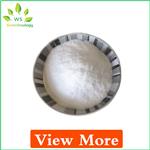
US $45.00-26.00/kg2025-04-21
- CAS:
- 747-36-4
- Min. Order:
- 25kg
- Purity:
- 0.99
- Supply Ability:
- 20MT
